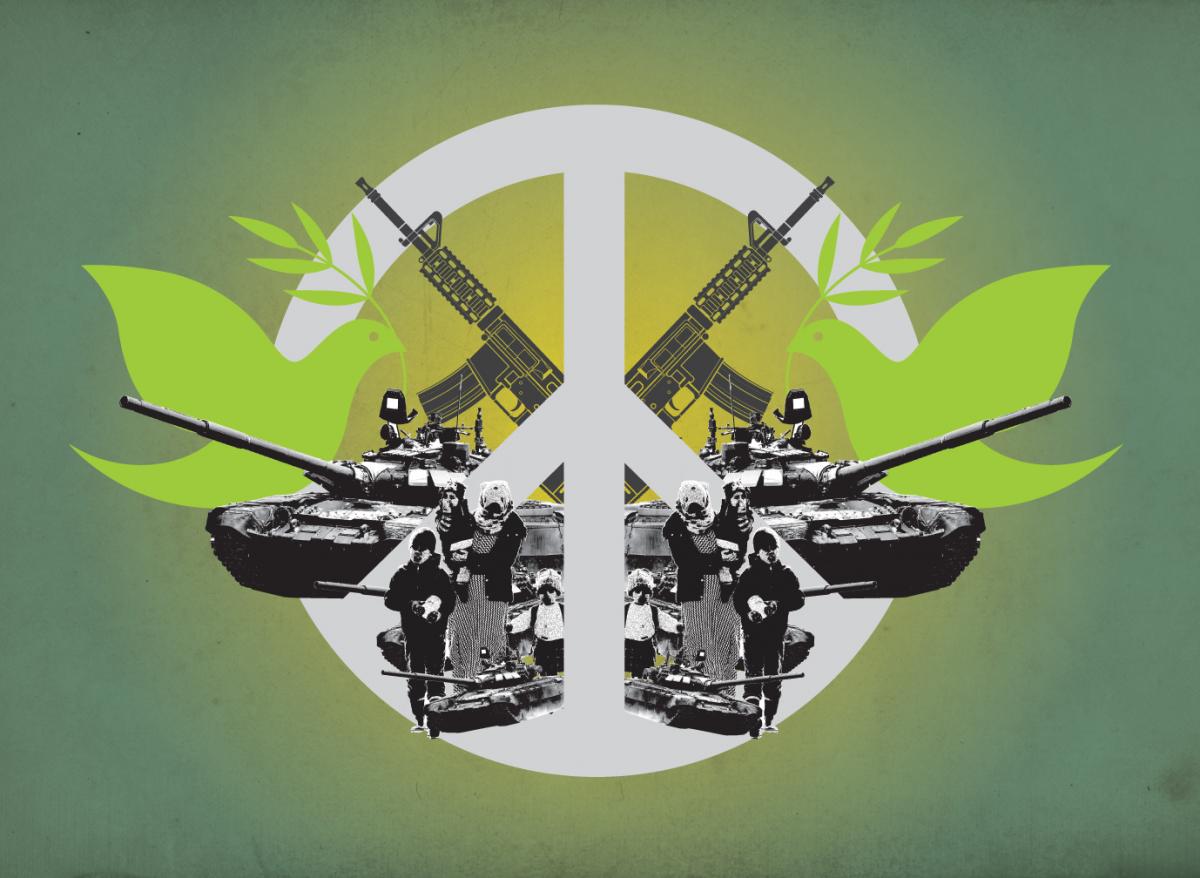Humanitarian Intervention Does More Harm Than Good
The international community currently faces a global refugee crisis and mass atrocities in Iraq, Myanmar, Syria, Yemen, and beyond. How should the West respond?
Proponents of humanitarian intervention – the use of force to halt human rights abuses – argue that the world’s most powerful militaries have a responsibility to protect innocent civilians around the world. Beyond saving lives, they argue, intervention deters would-be abusers and ensures global stability, thereby strengthening the liberal world order. But opponents argue that military intervention is thinly veiled Western imperialism, and subsequently, an assault on state sovereignty. And, it’s ineffective: the West, with its military might, increases the death toll and worsens the conflicts it sets out to solve. Further, given recent waves of populism in the U.S., France, and U.K., they suggest that Western nations should spend their time looking inward rather than policing activity around the world. On Friday, March 9 at 10:00 a.m. ET / 4:00 p.m. CET, Intelligence Squared in partnership with The German Marshall Fund will host a live debate from GMF's #BrusselsForum. Watch the debate live at brussels.gmfus.org or on the Intelligence Squared website.
Where do you stand? Cast your vote here »

Oxford-Style Debate - March 9 at 10:00 a.m. ET / 4:00 p.m. CET
The Debators
For the Motion |
Against the motion |
 Frank Ledwidge Frank LedwidgeSenior Fellow, Royal Air Force College & Former British Intelligence Office |
 Rajan Menon Rajan MenonAuthor, The Conceit of Humanitarian Intervention |
 Bernard Kouchner Bernard KouchnerCo-Founder, Doctors Without Borders |
 Kori Schake Kori SchakeDeputy Director-General, International Institute for Strategic Studies |
|
Frank Ledwidge is a senior fellow at the Royal Air Force College and a former military intelligence officer. He spent fifteen years at the front end... Read More |
Rajan Menon is a senior research scholar at Columbia University’s Saltzman Institute of War and Peace Studies and the Anne and Bernard Spitzer Chair... Read More |
Bernard Kouchner, a medical doctor by training, is the co-founder and former president of Médecins Sans Frontières (Doctors Without Borders). The... Read More |
Kori Schake is the deputy director-general of the International Institute for Strategic Studies. Previously, she was a distinguished research fellow... Read More |
For the Motion
|
Against the motion
|
